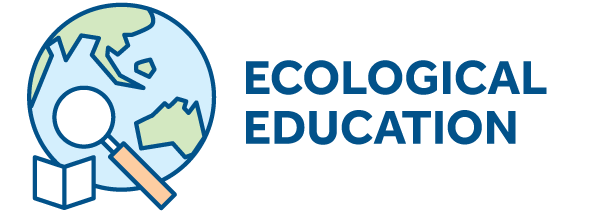Laudato Si’ Goal 5: Ecological Education

Ecological education is about re-thinking and re-designing curricular and institutional reform in the spirit of integral ecology in order to foster ecological awareness and transformative action, promoting the ecological vocation of young people, teachers and leaders of education.
We recognise that education is a life-long process, not only for one stage of life or from formal institutions. At this time, we need to ask ourselves how we can learn to make better choices and design solutions based in our Eco literacy: learning from living systems, valuing traditional ecological knowledge and Indigenous wisdom. Living the questions together about how to put life at the centre of all actions and decisions can create community as well as thriving ecosystems.
As an Institute, we continue to take up opportunities to learn together as new information and ways of taking action emerge.
What have we achieved?
- Multiple presentations, campaigns, conferences, meetings and webinars on a wide variety of integral ecology topics both internally with our Sisters and staff but also with several external partners.
- Long-running reading group “The Great Work Book Club”
- Contributing to education programs and conferences with many external partners including other religious institutes and agencies
- Public education programs including in disaster-impacted communities such as Eugowra – Slow the Flow
- Offering the Mercy Integral Ecology Emerging Leaders Fellowship each year since 2022.
What are we doing?
- Continue to deliver a Fellowship for Integral Ecology Emerging Leaders to help initiate ecological conversion more broadly
- Continue to collaborate with our networks (Faith Ecology Network, CRA, ARRCC and others) to reach smaller groups of religious, diverse and vulnerable communities for education programs especially the Fellowship, conferences and celebrations.
